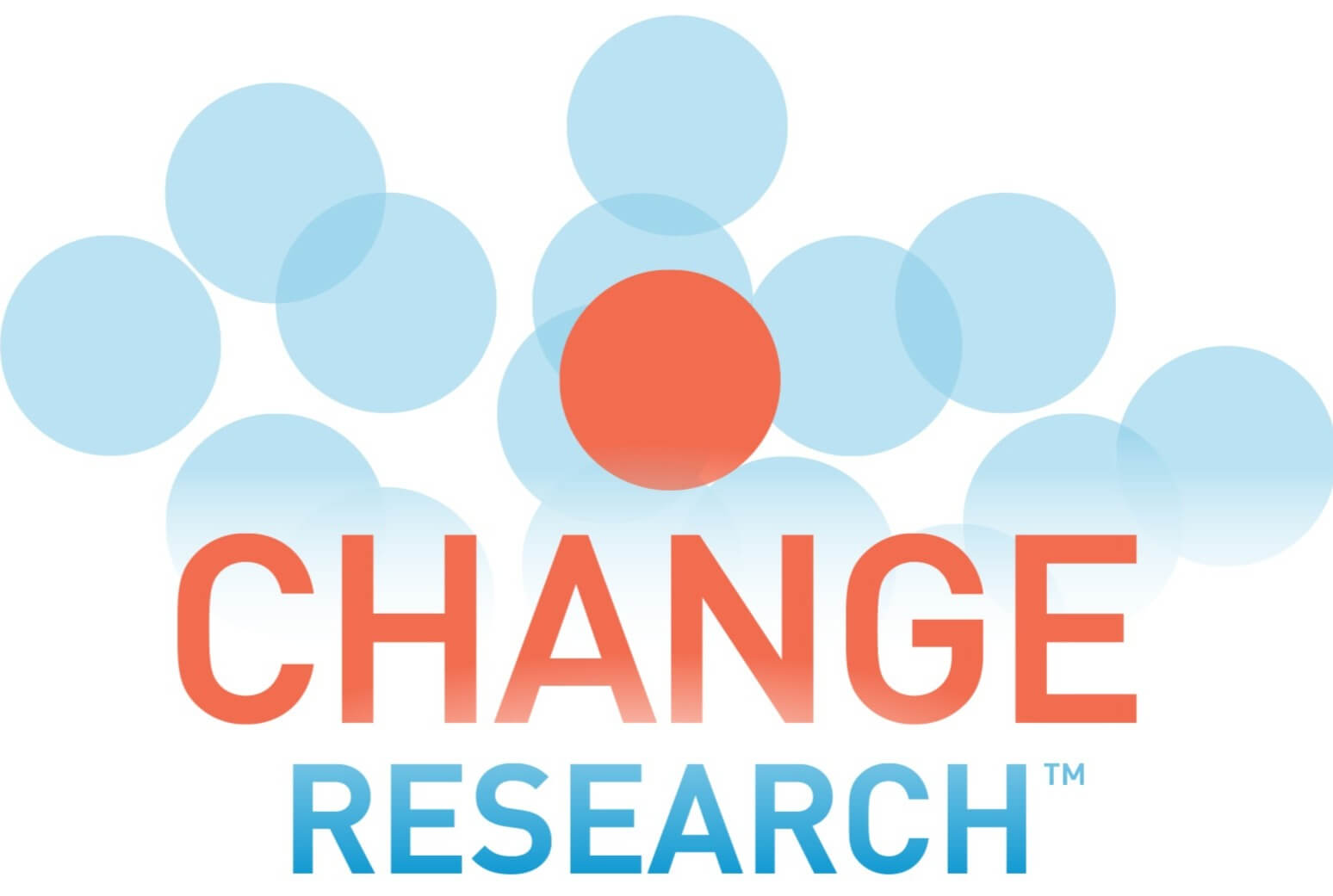Ranked Choice Voting with Change Research
Change Research’s Experience Surveying in RCV Elections
RCV has been gaining momentum throughout the United States as an electoral reform that makes democracy more fair and functional.Change Research has polled for organizations, like RepresentUS, that have initiated ballot measures to adopt RCV in Washington and Massachusetts. We have also run RCV polls in various cities and states like Iowa, where we accurately polled the caucuses for the 2020 Democratic nomination. Here are some of the individual races where Change Research has also polled:
- Portland Chamber of Commerce (Portland, ME)
- Ranked Choice Voting Advocates of Oregon (Benton County)
- Lincoln Project (U.S. Senate, ME)
- East Bay Working Families & Telegraph PR (City Council District 2, Oakland, CA)
- East Bay Residents for Responsible Development (City Council District 6, Oakland, CA)
- Multiple 2021 candidates for NYC Mayor
- Mayor Alan Webber (Santa Fe, NM)
- Various Interests, St. Louis MO Mayor, approval voting
What Change Research Has Learned
RCV will bring new opportunities and challenges to different municipalities. Here’s what we’ve learned so far:
- RCV polling requires care in survey design – and virtually impossible in non-visual formats, like phone calls. Online polling visually engages voters, who can clearly see all their options, as they would on their ballots.
- There are unique analytical challenges for calculating and displaying RCV results; Change Research has developed custom analysis tools specifically designed for RCV.
- Political insiders often overestimate the extent to which voters are aligned with slates. In many cases, voters’ first and second choices are not ideologically aligned; this information can only be gathered by asking people to fully list all of their preferences.
Case Study: Change Research’s RCV Polling in Support of Kathryn Garcia’s Historic Campaign
On June 22, 2021, New York City became the largest municipality in the nation to hold an RCV election for party primaries for mayor and all other city offices, in the wake of 73% of voters backing a 2019 ballot measure proposed by a city charter commission.
On June 5, 2021, Change Research released the results of a poll that was conducted in support of New York City’s Democratic mayoral candidate, Kathryn Garcia. Our expertise in polling ranked-choice voting elections helped this underdog campaign score a near upset. Garcia’s strong second, third, and fourth choice performance produced a 30 point increase in vote share through the RCV process and put her within 1 point of becoming the first woman Mayor of New York City.
Change Research’s online polling on behalf of New Generation of Leadership proved highly accurate in NYC’s first RCV election with a large field of candidates.* Change correctly anticipated that Garcia would narrowly defeat Wiley in the penultimate round and that Garcia and Adams would be neck-and-neck in the final round.

Our poll had a mean absolute error of just 2 points and no more accurate poll was completed before our poll came out of the field, while the average polling error in the final two weeks of polling was 3.6 points.

* Last week, Change Research warned against simulating a RCV allocation before absentee ballots were included in the count. With 118,085 out of 125,794 Democratic absentee ballots included in the DOE’s release last night, we now feel comfortable assessing the accuracy of polling in the Democratic primary.
Change Research congratulates Kathryn Garcia, New Generation of Leadership, and our polling team on a job well done. Our senior pollsters are available for comment upon request.
